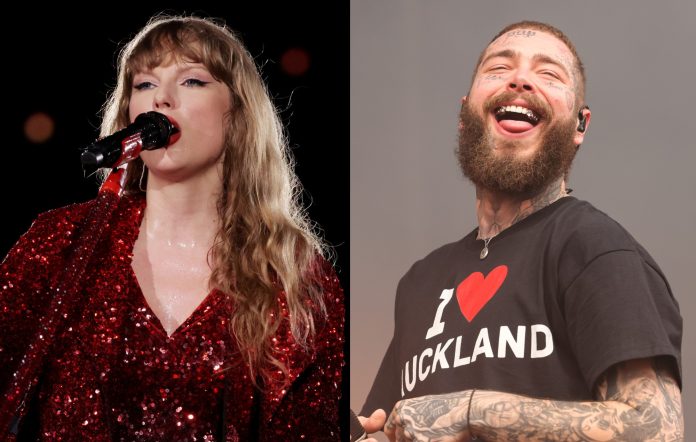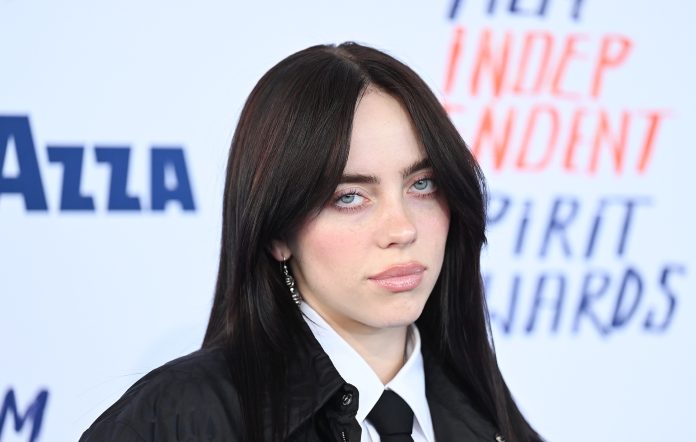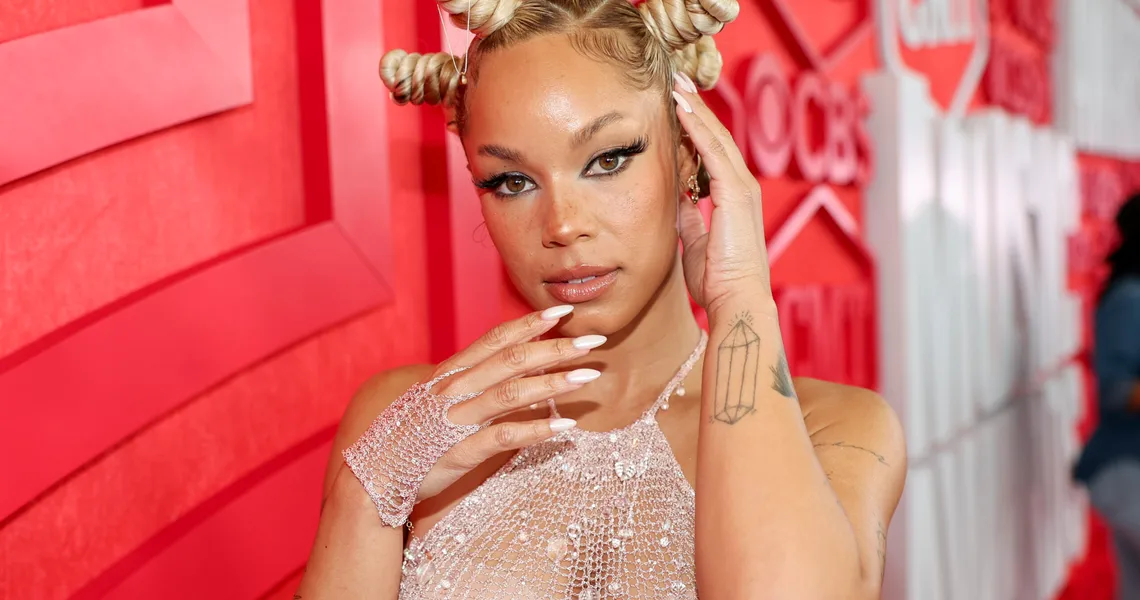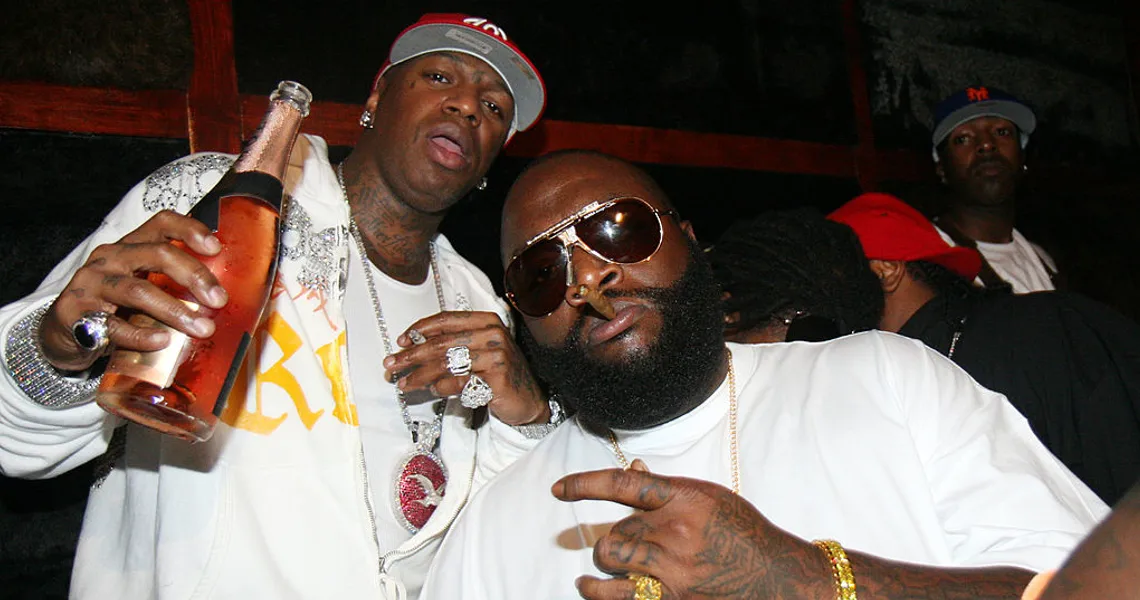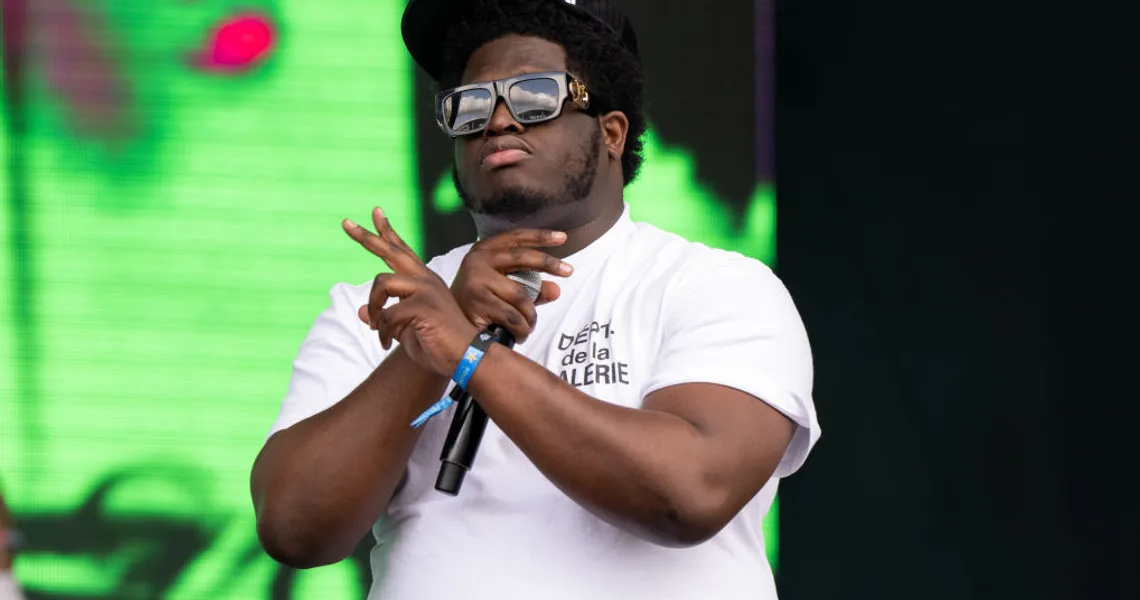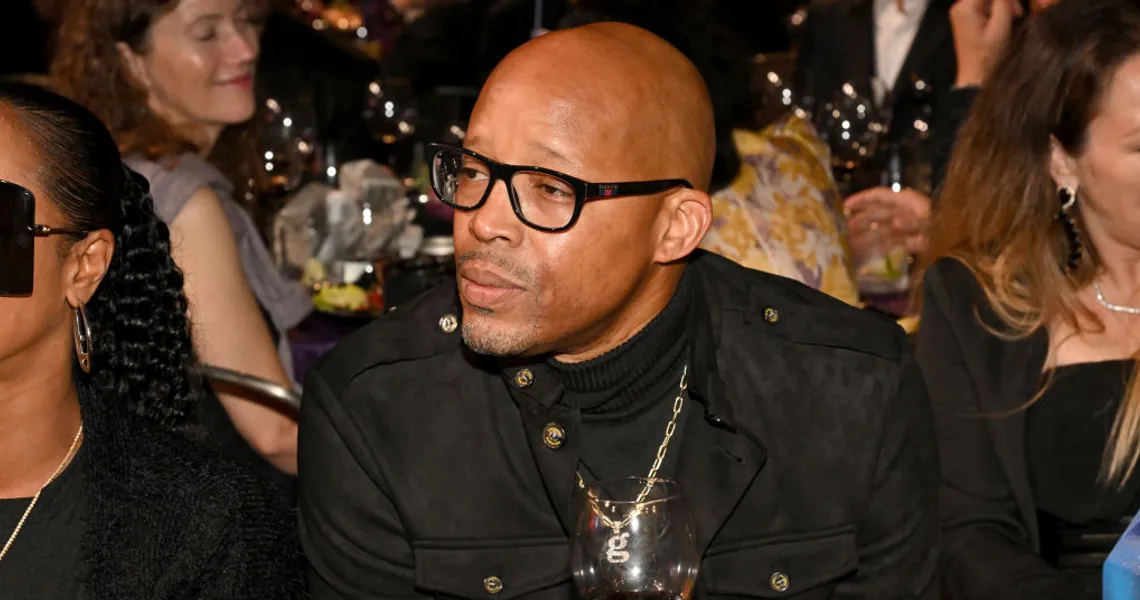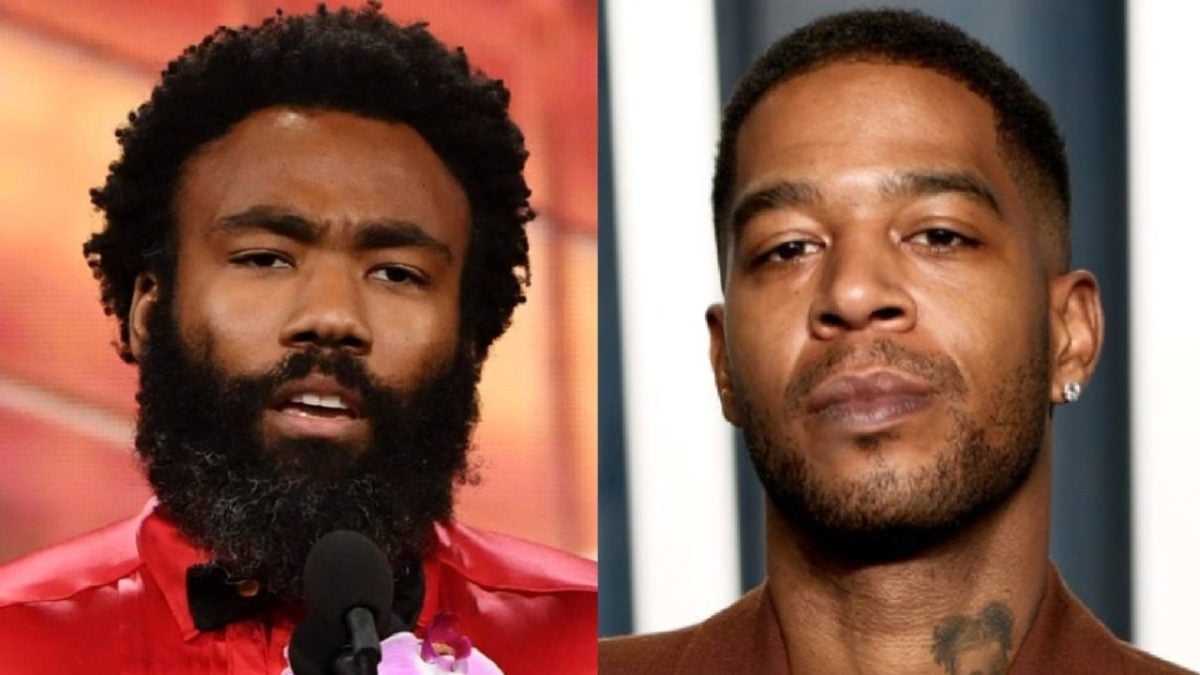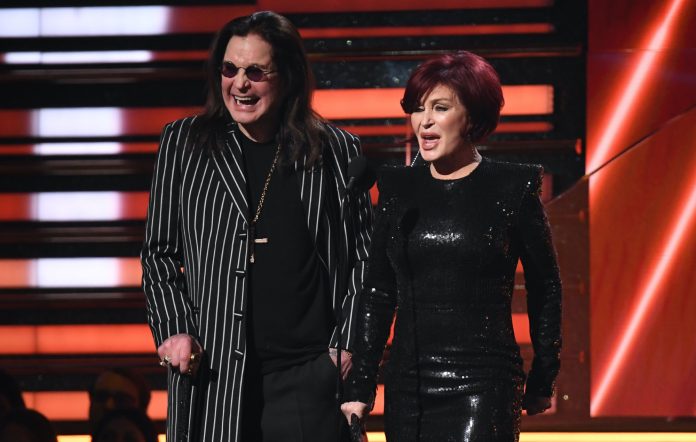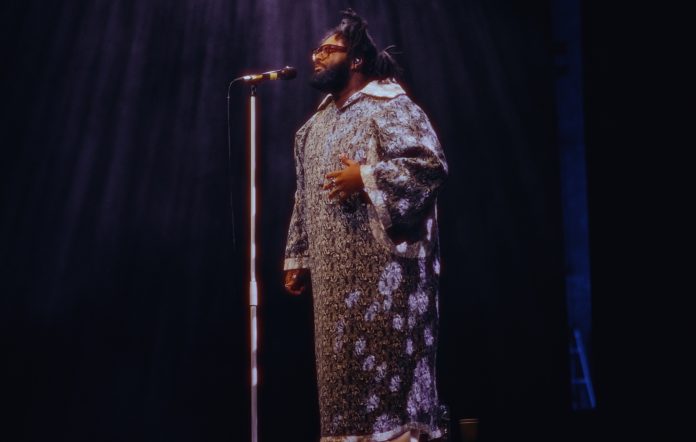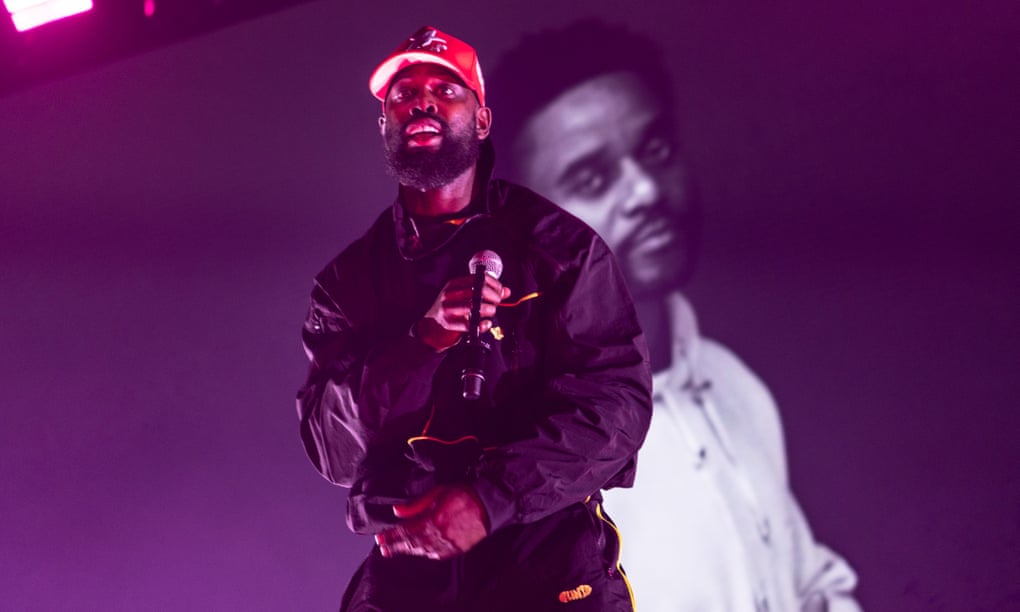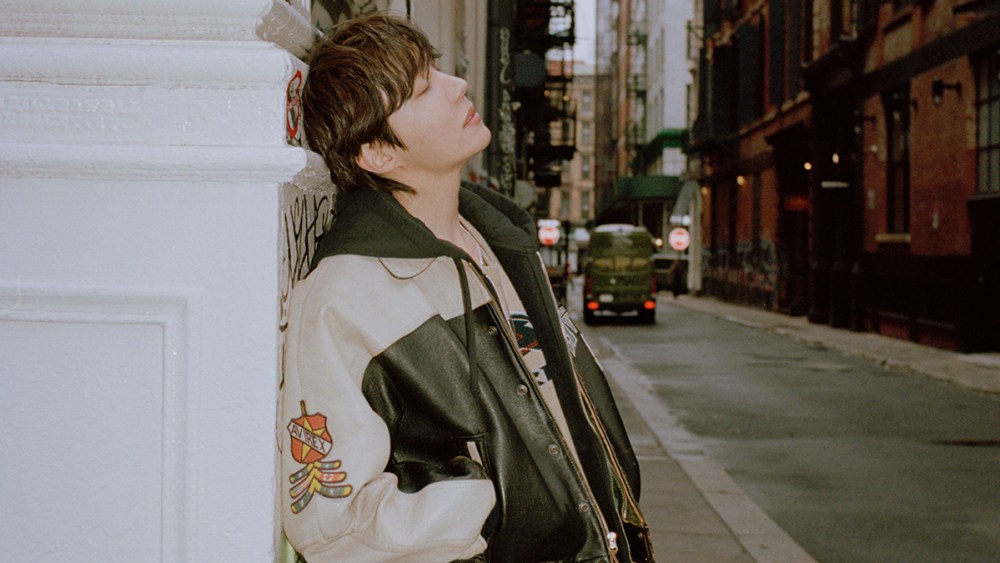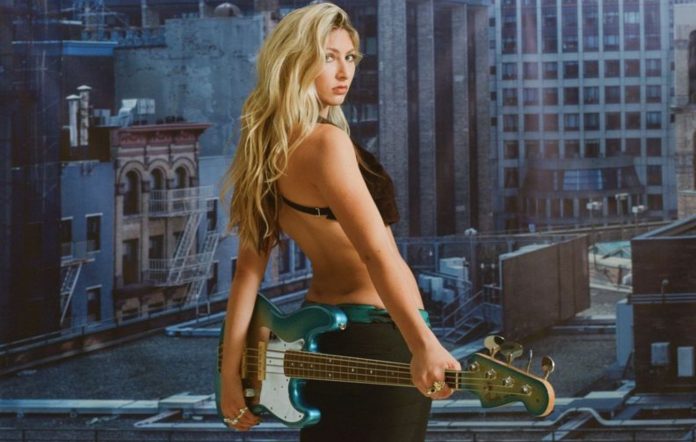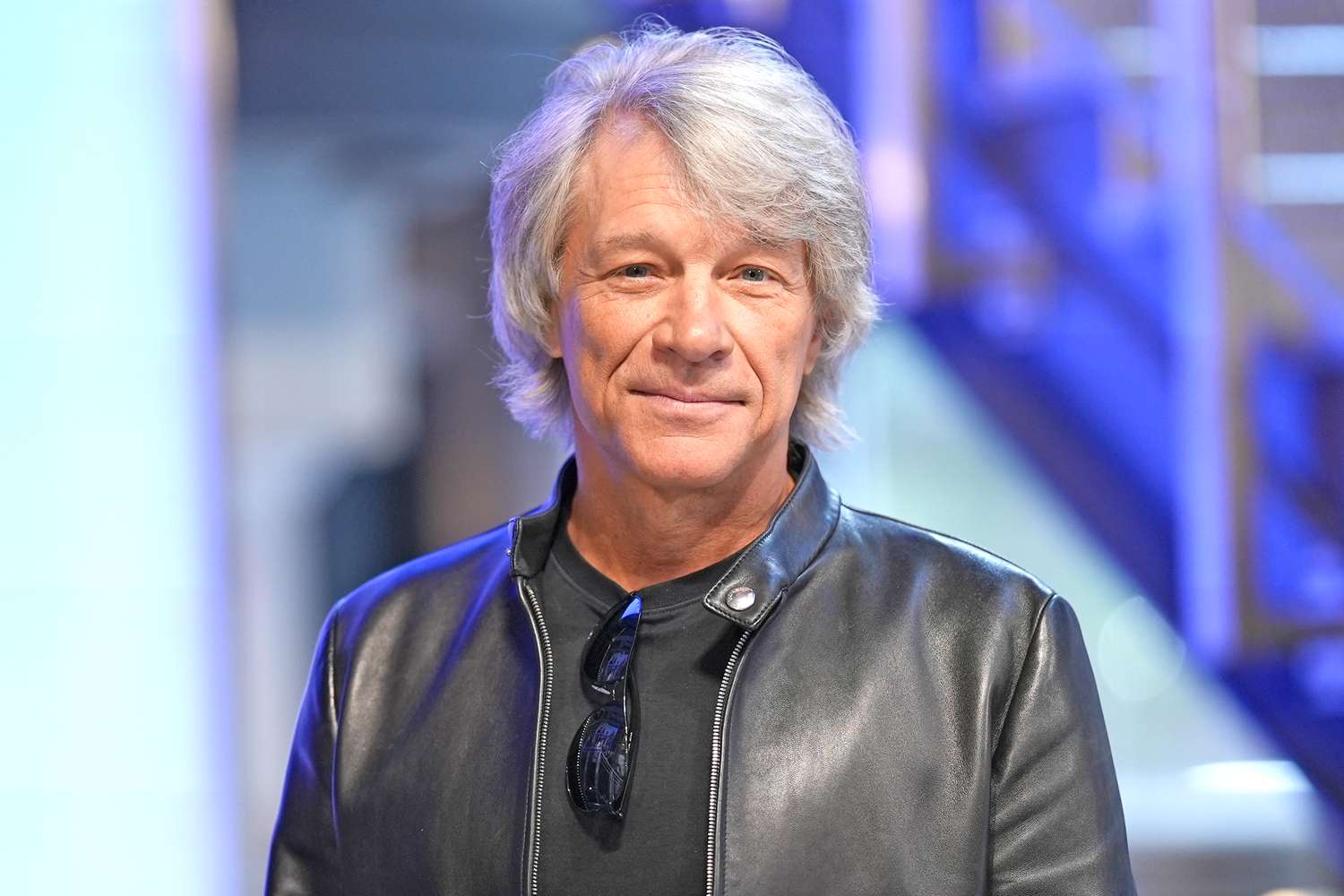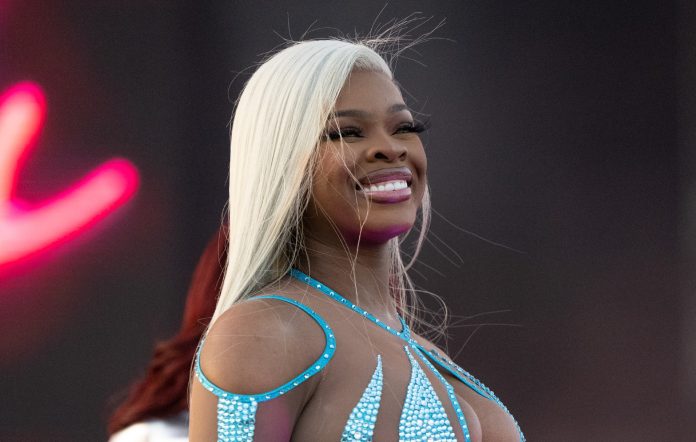
City Girls JT urges fans to defy Universals TikTok ban for new single
JT has advised fans to use unofficial versions of her upcoming solo single on TikTok despite Universal Music Group (UMG)‘s banning their music from the platform. In January, Universal announced that it would withdraw its artists’ songs from the platform, citing unfair compensation for the artists and the harmful effects of A.I. Days later, TikTok confirmed that it had also started to remove songs from songwriters signed with Universal Music Publishing Group. Now, City Girls member JT – who is signed to Motown Records, a subsidiary of UMG – is set to release ‘Okay’ tomorrow (April 19). Ahead of its release, she urged her fans on X/Twitter to promote the song on TikTok, as UMG’s ongoing dispute with the app will prevent her from uploading the official audio. “Remember I’m with UMG so once [the] song is out, [the] TikTok [sound] will be muted so try to get a distorted sound going,” JT tweeted. “I have one on my TikTok, use it if you want or make your own. IDC – just spread the sound [megaphone emoji]” ‘Okay’ is JT’s third single to date and can be expected to feature on the Miami star’s upcoming solo mixtape, ‘City Cinderella’. Although JT seems to be the first artist to overtly defy UMG’s decision to remove their catalogue from TikTok, others signed to the conglomerate still manage to share their music on the app. Olivia Rodrigo has posted videos of her singing along to songs from her latest album ‘Guts’, including one where she promotes a fan upload of ‘Obsessed’. In addition, Taylor Swift’s music has recently returned to TikTok after being removed earlier this year, likely due to Swift now owning her masters and publishing rights. This coincides with the release of her upcoming album, ‘The Tortured Poets Department’. Other artists signed to the label who have been affected by UMG’s decision include Bad Bunny, The Weeknd, Drake, Billie Eilish, Justin Bieber, Adele, Coldplay, J Balvin, Post Malone and Sophie Ellis-Bextor. Universal Music Group, TikTok. Credits: SOPA Images/LightRocket via Getty Images At the time, UMG explained that its licensing agreement with TikTok expired on January 31 and that negotiations to renew the contract had fallen short. UMG stated that they pushed for “three critical issues” while renegotiating their contract with TikTok: the “appropriate compensation for [their] artists and songwriters, protecting human artists from the harmful effects of A.I. and online safety for TikTok’s users.” The label also believed that “TikTok is trying to build a music-based business, without paying fair value for the music.” They added that “TikTok encourages A.I. music creation on the platform itself” and “demanding a contractual right which would allow this content to massively dilute the royalty pool for human artists, in a move that is nothing short of sponsoring artist replacement by A.I.” UMG concluded that “TikTok’s tactics are obvious: use its platform power to hurt vulnerable artists and try to intimidate us into conceding to a bad deal that undervalues music and shortchanges artists and songwriters as well as their fans.” TikTok published its own statement in response to UMG, accusing the publisher of pushing a “false narrative and rhetoric” and for putting its “own greed above the interests of their artists and songwriters”. The platform’s short statement noted that UMG had “chosen to walk away from the powerful support of a platform with well over a billion users that serves as a free promotional and discovery vehicle for their talent”.

